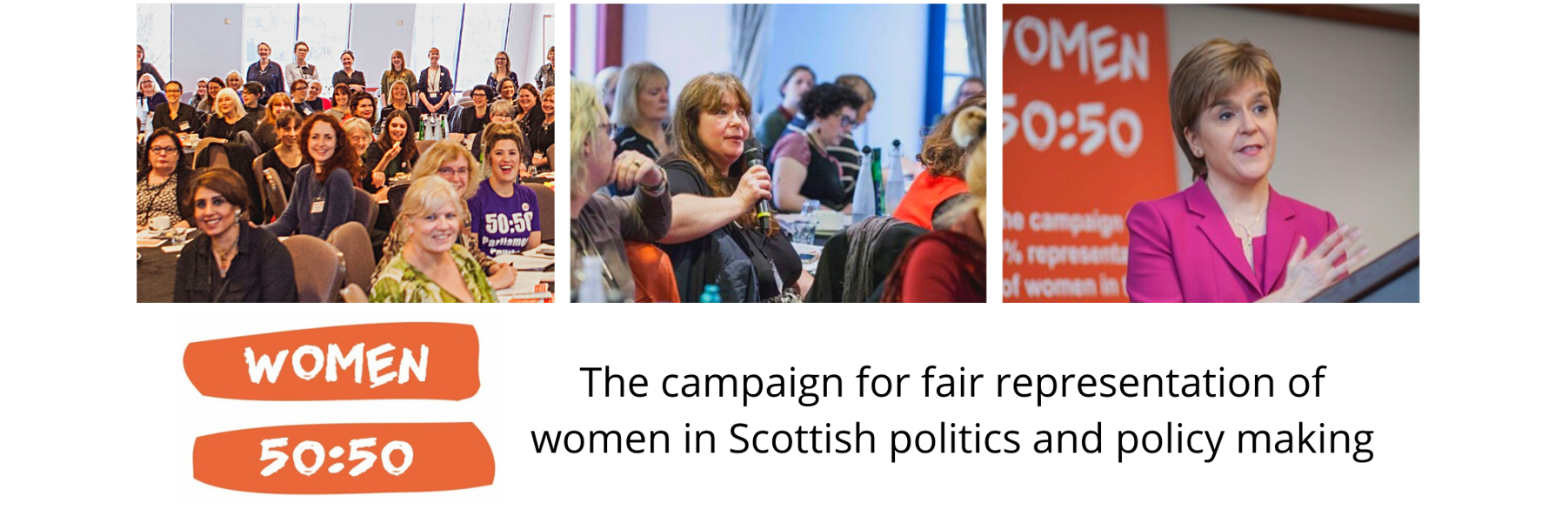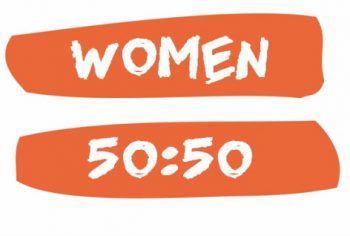My name is Dr Nighet Riaz and I am the equality officer for the SNP Pollokshields branch in Glasgow Scotland. I also hold a post of Approved Assessor, and have acted as a panel member on vetting panels to support applicants through the process to be considered as potential candidates in current and future elections, from Westminster, Holyrood or their local council. The vetting process is a robust mechanism which identifies and focuses on the leadership and team working skills of the participant and also their involvement within their branches, the community and activism, in particular chapping doors, often referred to as a tour of duty.
In 2018, I made the decision to step back from front line activism, ill health and racist incidences which were reported and have not been resolved. I moved to the fringes to get a better view and understanding of what I had been through. As an observer, I was pleased to see BAME members in the party with political aspirations become a collective, lobbying and gaining representation on the decision-making platforms of the party. However, this quickly turn into dismay when an email was leaked from MP Alyn Smith who decried the new decision-making structures, stating the focus should be on achieving independence instead of focusing on the minority group representation which he felt did not belong in that space. He went onto say that an alternate space be made for minorities groups to feed into the main decision-making body. In one swoop he dismissed the value, the richness and diversity of fellow SNP members designating them as not worthy of being in the same space, not capable of complex constructs, ideologies and questions, highlighting the underbelly of race science in all its ugliness. For me, alarm bells rang – this veneer of civic nationalism – was it a cover for blood and soil nationalism? I was appalled. In a party whose rhetoric are those of social justice fairness and equality, I could see none where this individual was concerned. In his eyes, we were not equal citizens, equal members, and therefore not allowed access to the spaces within which he moved.
I followed the journeys of the BAME potential candidates from afar, with great pride, because I knew they would have been judged against a different set of criteria to prove loyalty. Again, when it came to selection of the candidates by the local SNP membership in their constituencies, it did not understand or support the need for greater diversity in representation. This needs to change. What was evidently clear was those of non-BAME/BAME heritage in candidate positions were there because of influence, holding positions of power and numbers.
The lack of diversity in the candidates selected for election in my party, will be replicated by other political parties as they put for the candidates for the Scottish Parliament elections 2021 is unnerving and proves the narrative for inclusion and diversity to be empty rhetoric.
Every election, there is an outcry highlighting the lack of diversity of elected representatives coming forward. We discuss what needs to be done, feeble excuses used, and then there is silence. We have always been there, but are minimised, erased, or our contributions are excluded from the public narrative. However, this time we had the candidates, passionate, hardworking community and political activists, who I would be proud to represent me. The dignity and class with which they have reacted to the covert and overt racism on social media platforms shows clearly the resilience they have built to deal with racist abuse. If that abuse is from within our SNP membership, a zero tolerance approach is the right starting point.
For me, it is clear that we have the talent in our midst. What is missing is the political leadership and political will to take positive action in exactly the same way we have taken action on women shortlists, the time has come for BAME shortlists, and mentoring programmes. As with the long history of race relations in the UK, and the myth-busting of Scotland as a post-racial society (far from it), we have a lot of work still to do. For me it doesn’t start when we get independence, equality in all its forms must start now with strong commitment and action from those in positions of power to effect change.

